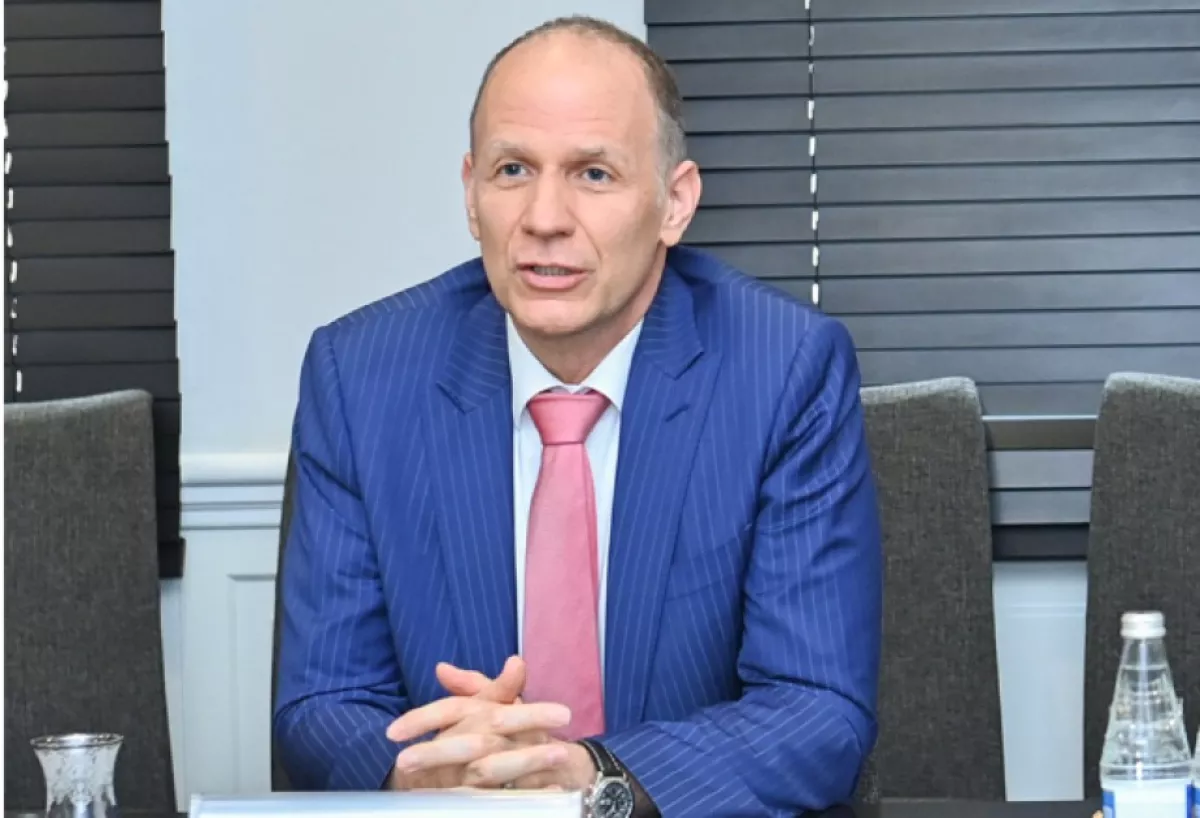National NGOs warn Switzerland against enabling anti-Azerbaijani campaigns
The Azerbaijani National NGO Forum has expressed concern to Swiss Ambassador Thomas Stähli over a growing wave of anti-Azerbaijani sentiment in Switzerland, calling the country not to turn a blind eye to real, fair, and substantial facts.
In a meeting with the ambassador held on June 13, representatives of the Forum criticised recent developments in Swiss political and civil circles, warning that such actions could undermine regional peace and stability, Caliber.Az reports via local media.
Chairman of the Board of the Azerbaijani National NGO Forum Ramil Iskanderli said that speaking on behalf of the umbrella organisation uniting hundreds of Azerbaijani NGOs, he had urged Ambassador Stähli not to allow Switzerland to become a platform for a slander campaign against Azerbaijan.

“We brought to the attention of the ambassador that such initiatives against Azerbaijan in Switzerland do not serve peace and trust-building in the region, but rather inflame revanchism in Armenia and create fertile ground for the re-promotion of separatism. Expressing the position of Azerbaijani civil society, we emphasised the importance of putting an end to such provocative steps and activities,” Iskanderli noted.
The remarks follow an open letter sent by the Forum to Ambassador Stähli on June 5, 2025, in which Azerbaijani civil society organisations voiced alarm over the increasing anti-Azerbaijani discourse in Switzerland. The letter criticised the Swiss Parliament’s Council of Cantons (Senate) for supporting proposals — framed as an “international peace forum” — that, according to the Forum, favour Armenian revanchist narratives, lead by the Armenian Church, and undermine peace and stability in the South Caucasus.
The Forum also stated that it sees a recent event in Bern organised by the Swiss Protestant Church in collaboration with the Armenian Church, which focused on "Armenian heritage" in the sovereign territories of Azerbaijan as a continuation of this series.
By Sabina Mammadli








